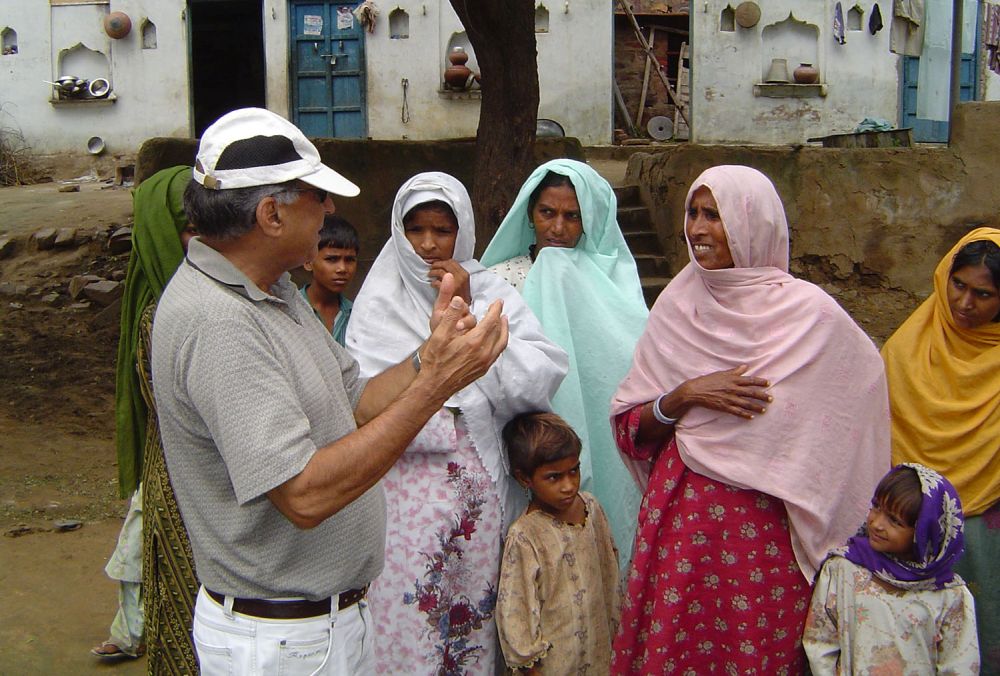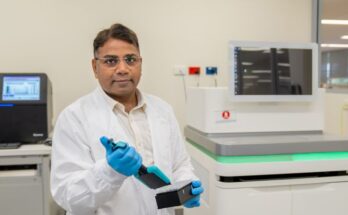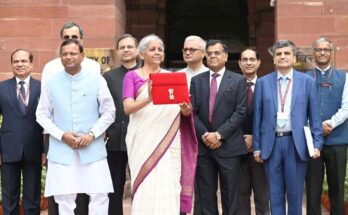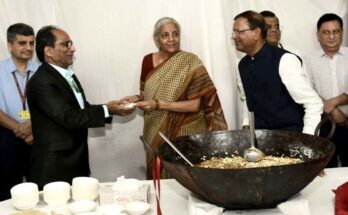Sehgal Foundation is aligning some big initiatives with the Smart Food Endowment Fund to help create a bigger movement. This will bring more attention to Smart Foods like millet, sorghum and grain legumes.
Sehgal Foundation started 20 years ago, and its current mantra “Together we empower rural India,” will further be enforced with this new partnership. Dr Surinder (Suri) M Sehgal, Founder, with his wife Edda and Chair of the Sehgal Foundation Board of Trustees, highlighted that “Through collaborations we can do more and bring more attention to the needs of smallholder farmers and make agriculture more profitable and desirable to grow foods that are more nutritious and more suitable to the drier tougher regions.”
Sehgal Foundation signed an agreement with the International Crops Research Institute for the Semi-Arid Tropics (ICRISAT) for their joint endowment fund to become a component of the Smart Food Endowment Fund that was established in April 2018. This will take the total funds to US$6 million.
“Our aim is to grow the Fund by attracting additional investments to create a significant endowment as long-term commitment toward developing the value chains of Smart Food. Such investments are vital at a time when food insecurity, malnutrition, obesity, diabetes and iron deficiency anaemia are impeding good health and livelihoods of millions of people globally. ICRISAT has had decades of collaboration with the Sehgal Foundation and is pleased to take this partnership to another level,” said Dr Peter Carberry, Director General, ICRISAT.
ICRISAT launched a Smart Food initiative in 2013 that stemmed from the strategic thinking around the need for food that fulfils the criteria of being good for the consumer (nutritious and healthy), good for the planet (environmentally sustainable) and good for the farmer (profitable and lower risk). A major objective under the initiative is to diversify staples that can have a strong and durable impact on nutrition, the environment and farmer welfare. Millets, because of their higher iron, calcium and overall mineral content compared to wheat and rice, have the potential to help address malnutrition problems in India, other parts of Asia and Africa.
“Addressing nutrition security and sustainable diets is key to solving some of the biggest global issues like hidden hunger and rural poverty. We are pleased with the Smart Food Initiative of ICRISAT; this effort will help achieve a turnaround in environmental degradation and diversify food systems,” said Dr Sehgal.
Explaining the initiative, Joanna Kane-Potaka, Assistant Director General-External Relations, ICRISAT, and Smart Food Executive Director, said, “Given that staples across Asia and Africa can be about 70 percent of a meal, and often consumed in a refined form, this may result in little nutrition being available. However, the major staples have well-developed value chains and are well supported. As a result, farmers have the incentive to grow these crops in agro-ecologies not suitable for their production, further straining the environment. The Smart Food approach is to start with driving consumer demand to diversify staples with nutritious alternatives like millets, and work along the whole value chain, while making efforts to ensure that farmers benefit.”
Smart Food has the vision that our food is ‘Smart’ – healthy, sustainable on the environment and good for those who produce it. This initiative is led by Asia and Africa with the executive council comprised of the: Asia-Pacific Association of Agricultural Research Institutions (APAARI), Forum for Agricultural Research in Africa (FARA), West and Central African Council for Agricultural Research and Development (CORAF), Food Agriculture and Natural Resources Policy Analysis Network (FANRPAN), along with the International Crops Research Institute for the Semi-Arid Tropics (ICRISAT) which set in motion the Smart Food initiative in 2013.
Sehgal Foundation designs and promotes rural development interventions that create opportunities, build resilience, and provide solutions to some of the most pressing challenges in India’s poorest communities. The foundation team works together with rural communities to create sustainable programmes for managing water resources, increasing agricultural productivity, and strengthening rural governance. Sehgal Foundation’s grassroots programmes address three of rural India’s most pressing and interrelated issues: water security, food security, and social justice.
Sehgal Foundation and Smart Food align to intensify efforts




